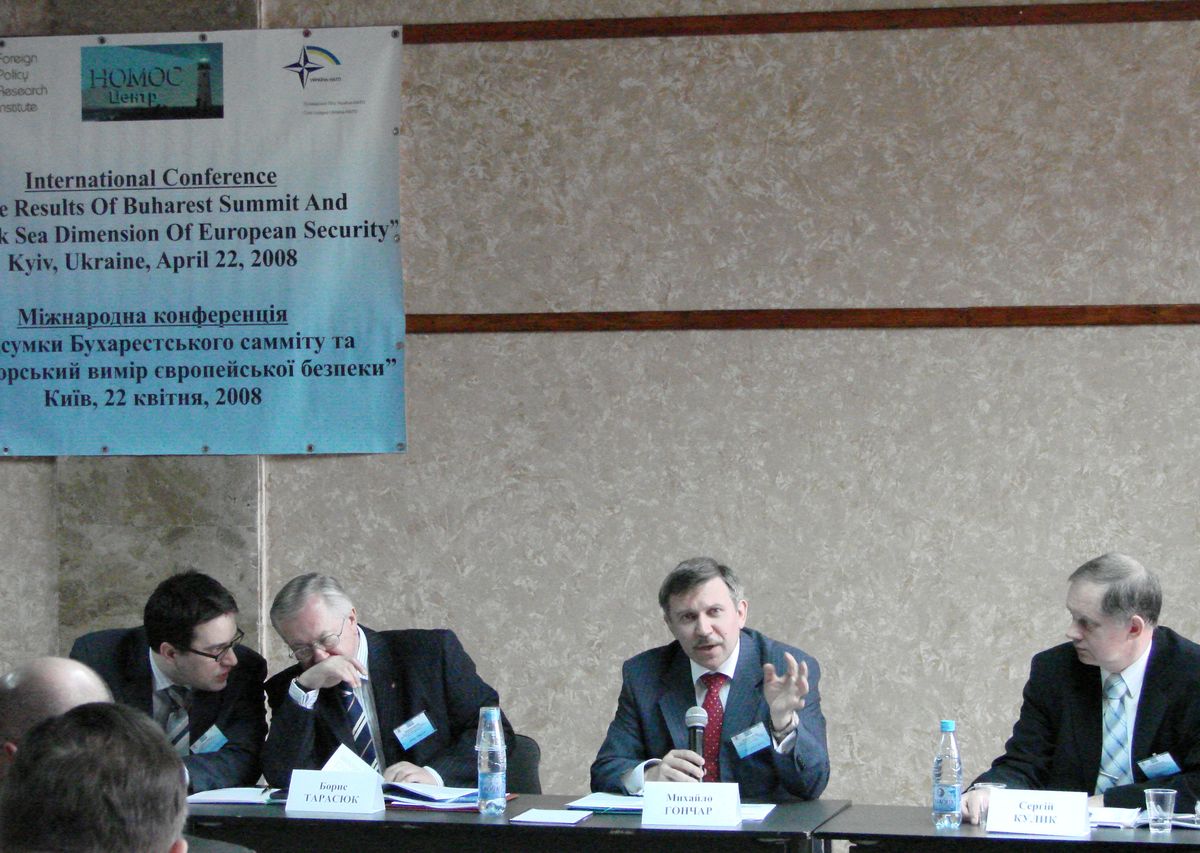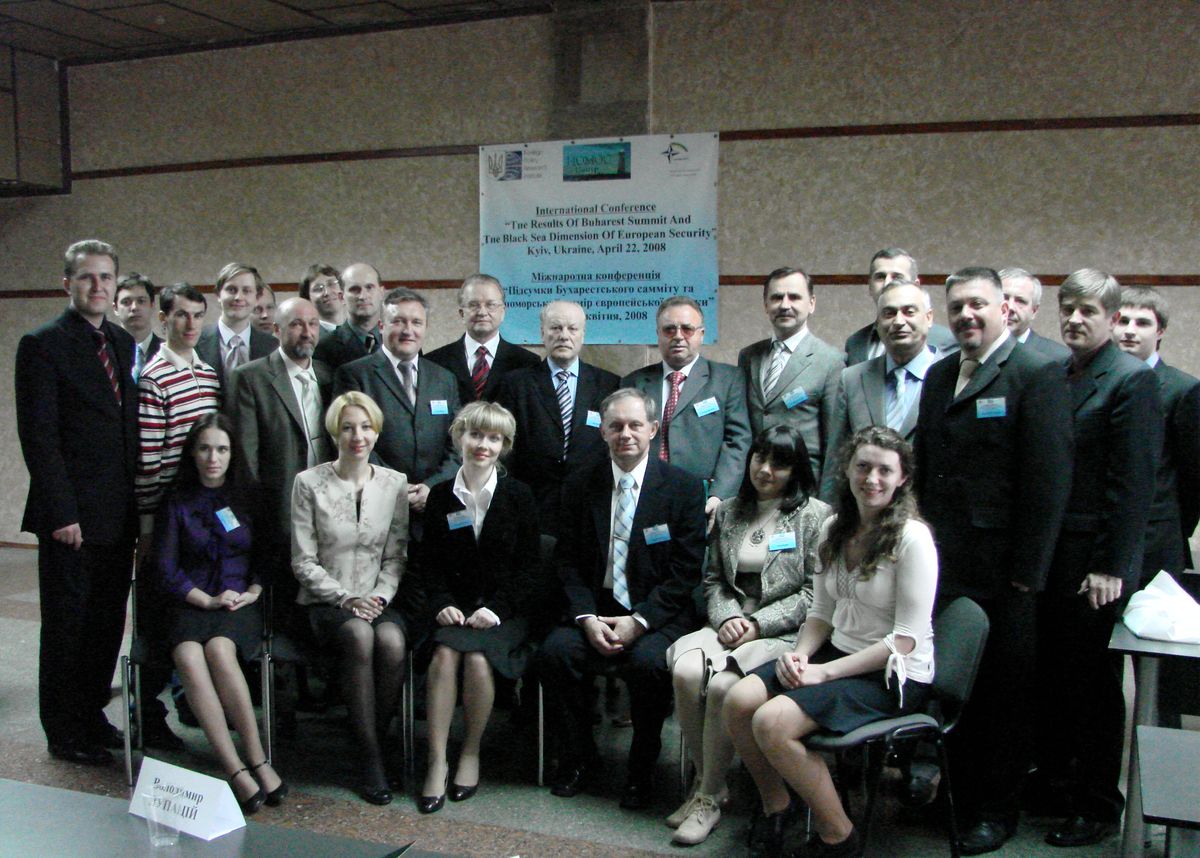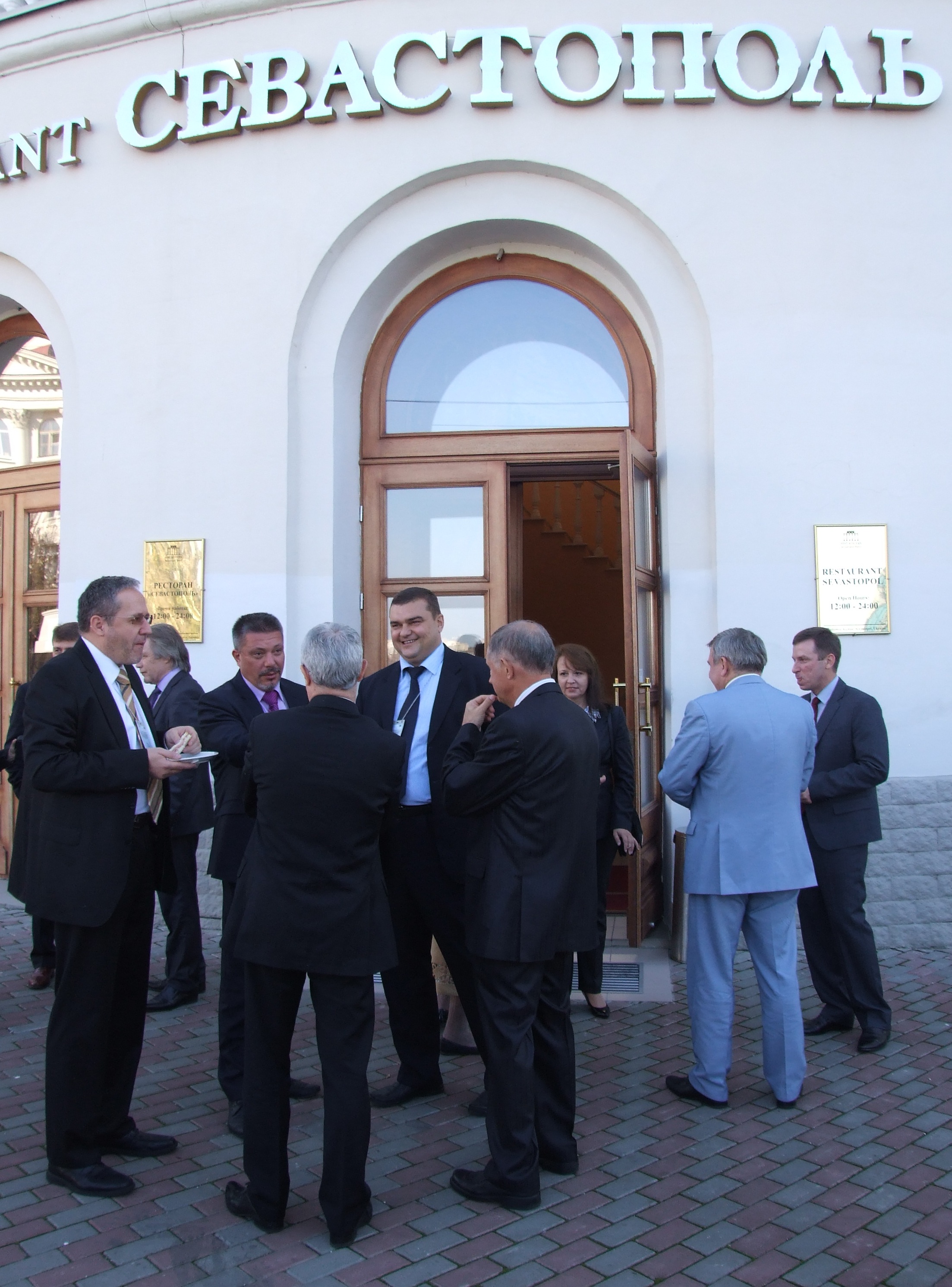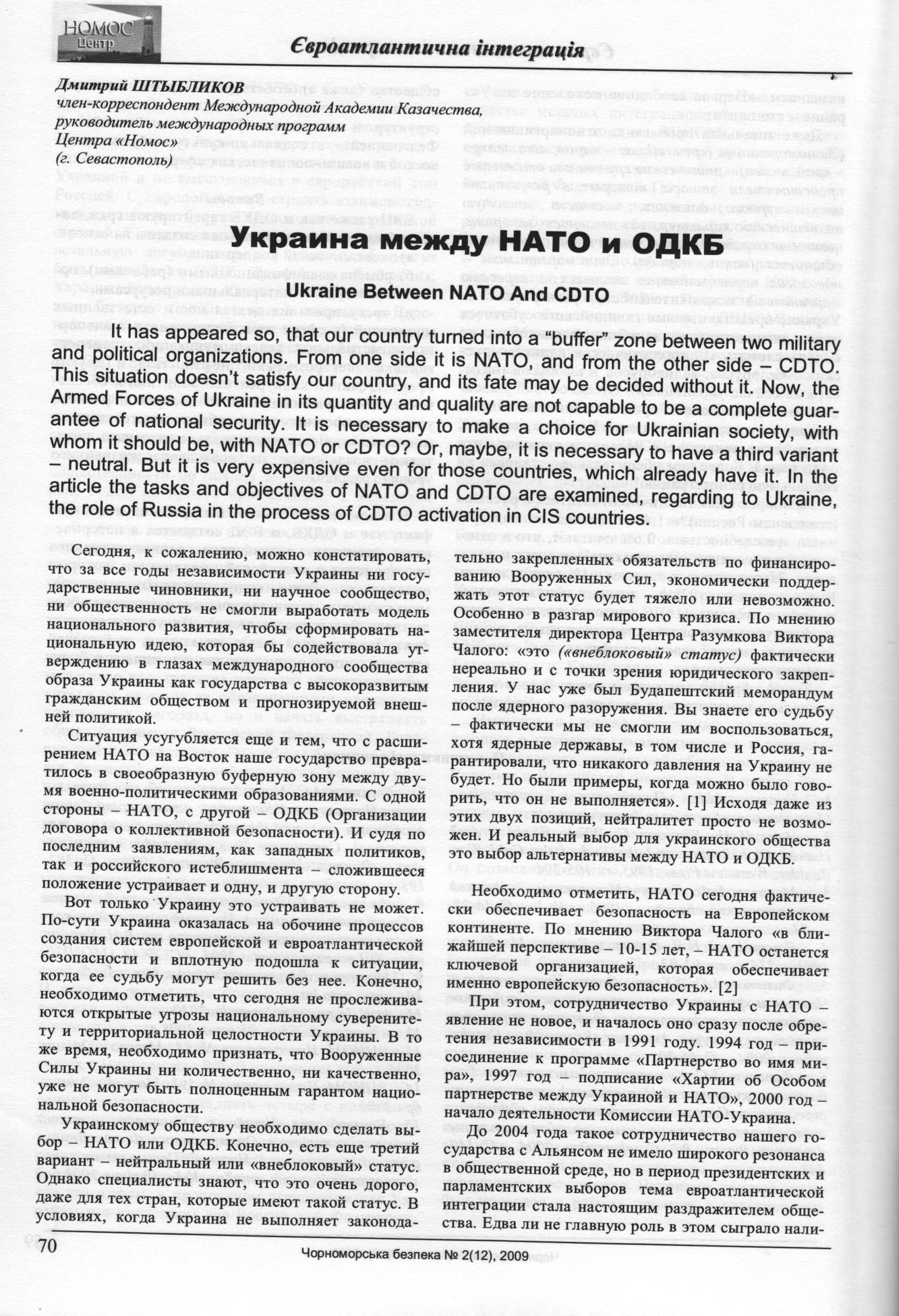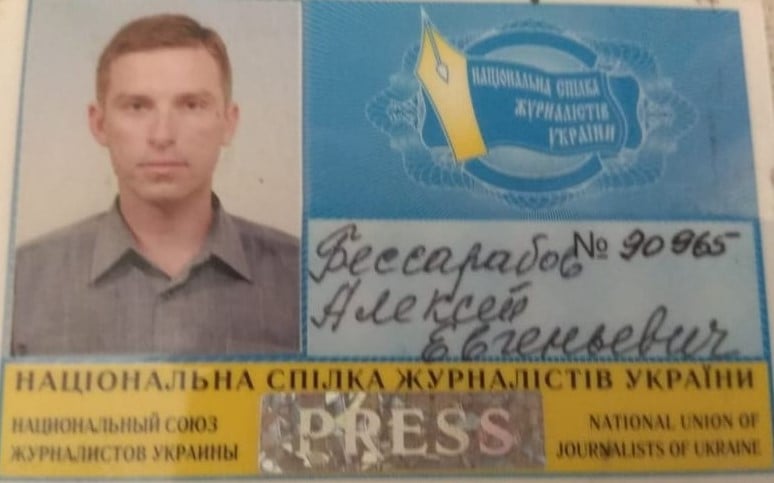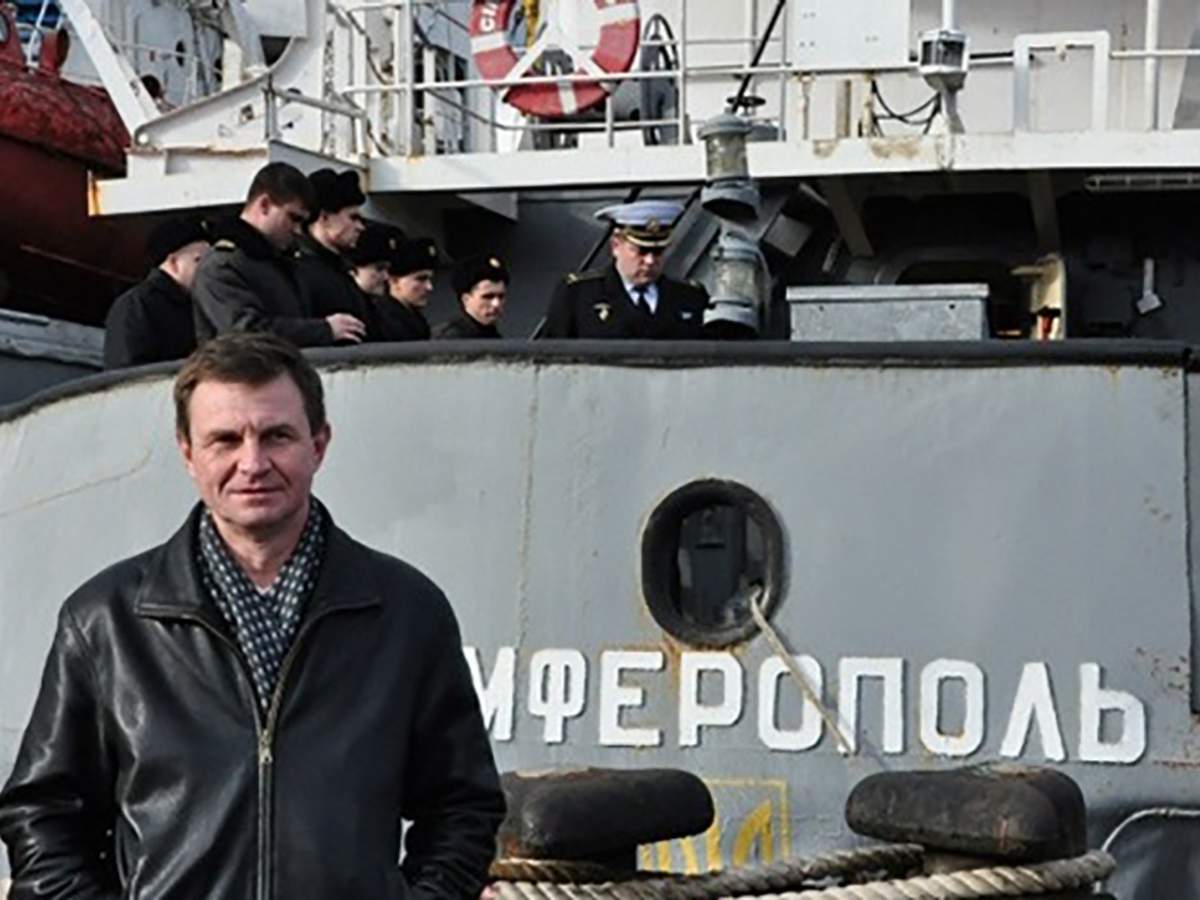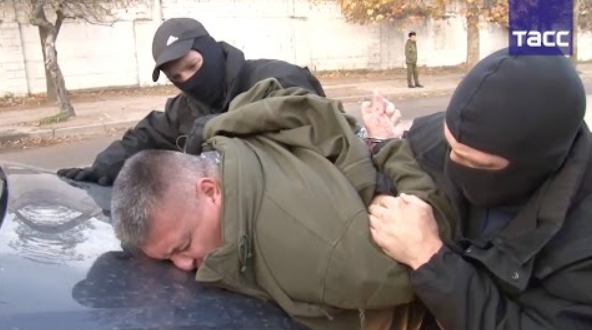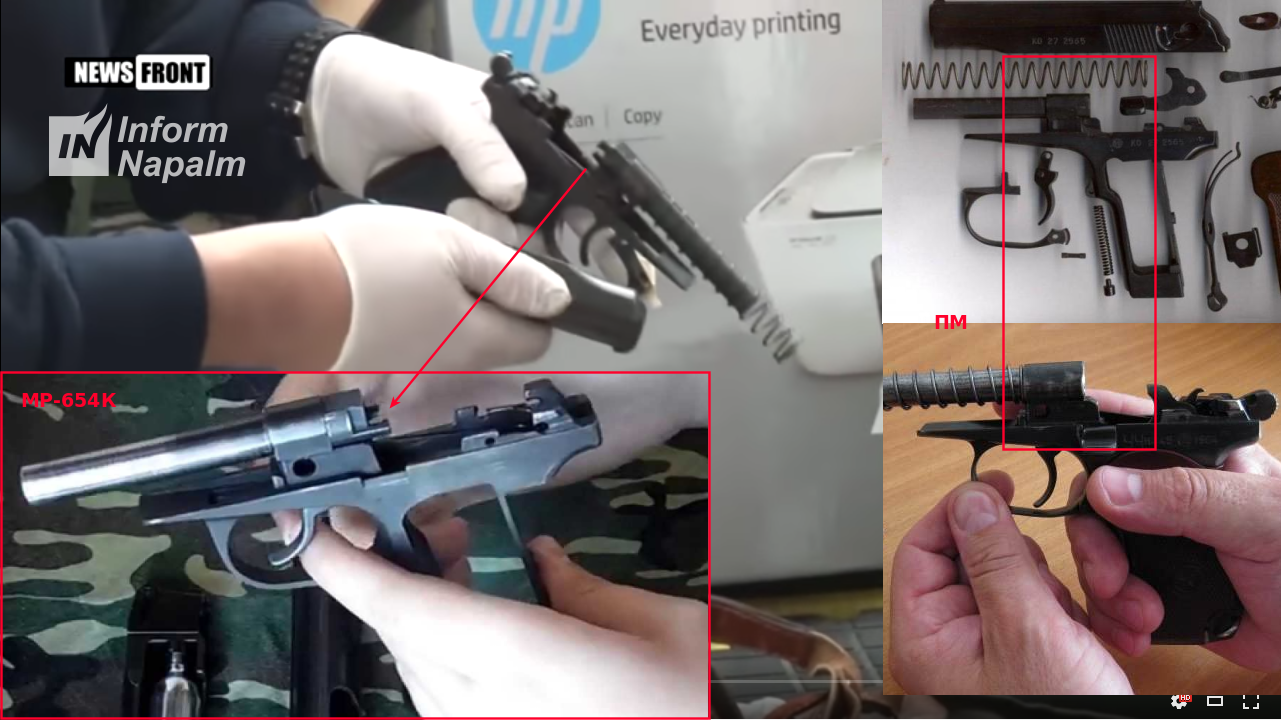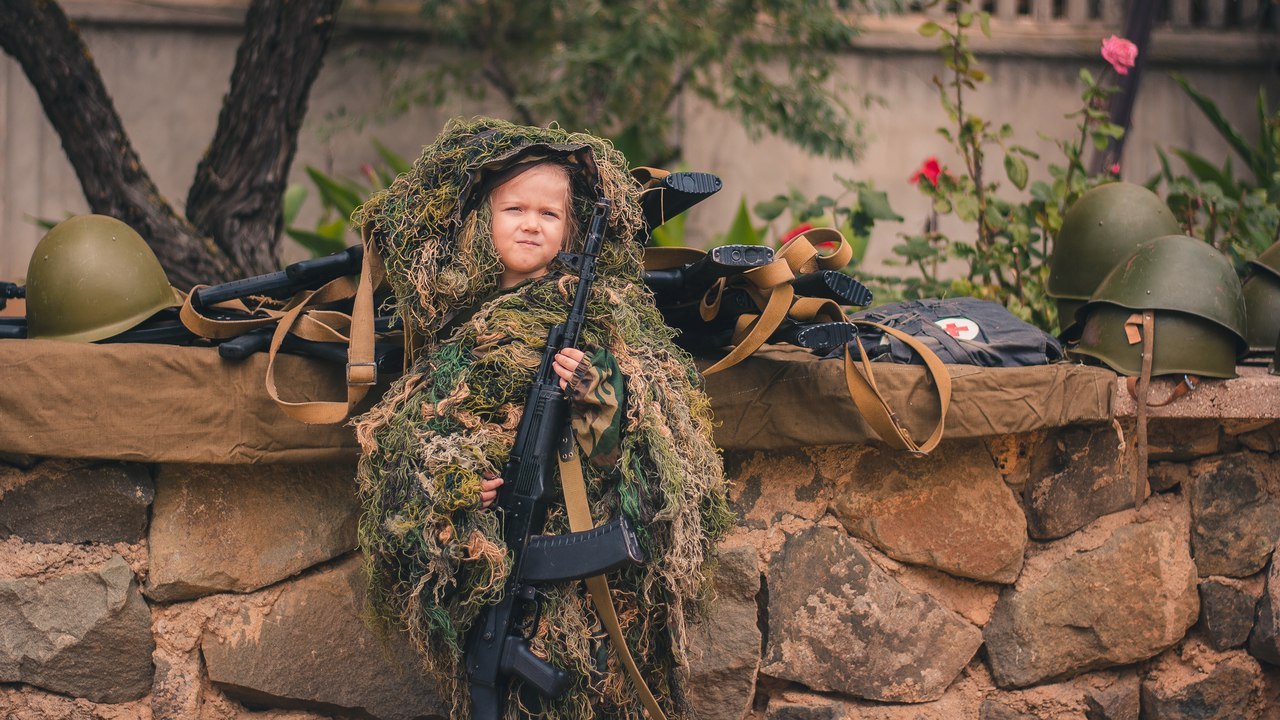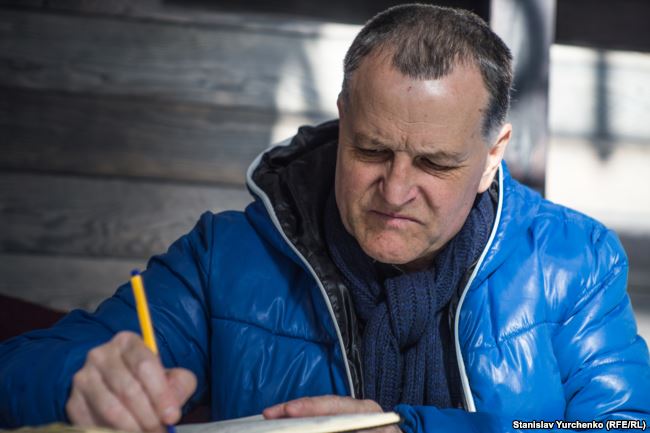The case of "Sevastopol Saboteurs"
Arrest of Dmytro Shtyblikov, Oleksiy Bessarabov, Volodymyr Dudka
 Sevastopol, 31 Lenin st., Leninsky District Court
Sevastopol, 31 Lenin st., Leninsky District Court
 2016-11-10
2016-11-10
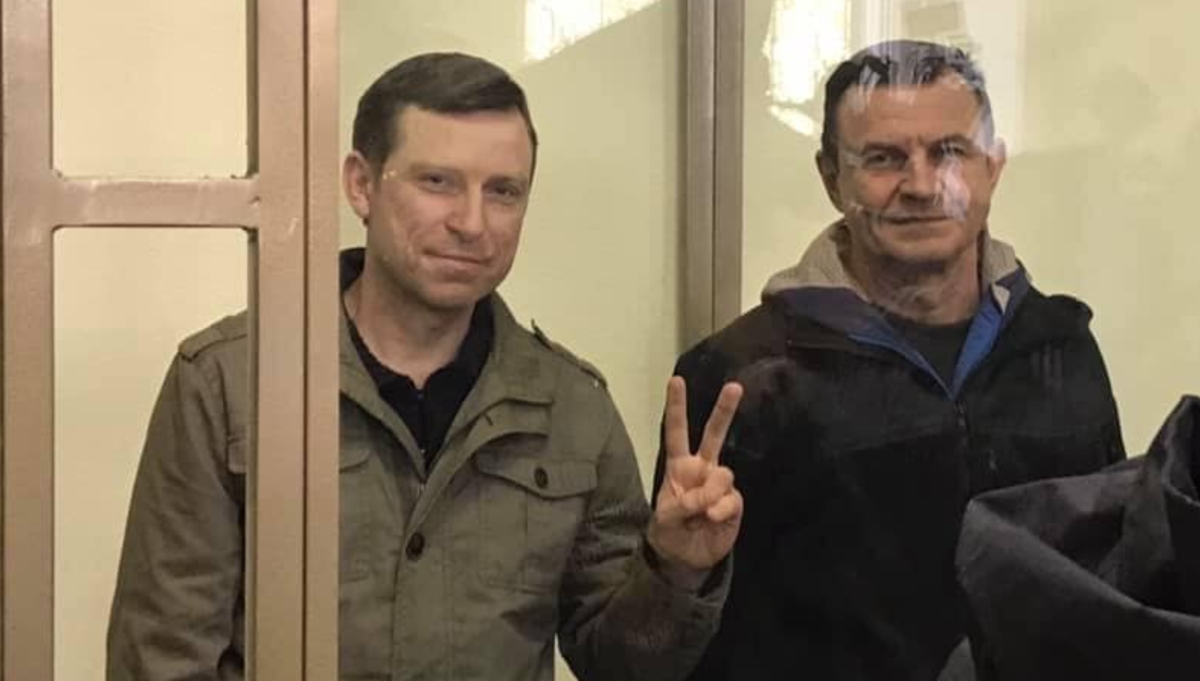
Occupation brought to Crimea the control and management practices that are commonplace in Russia. These include the terrorist threat rhetoric pushed by the authorities to promote the atmosphere of fear and mistrust in society, justifying excessive powers of the security agencies and restriction on civil liberties. The image of the enemy cultivated by the occupation administration needs regular material confirmation, such as the "crimes" allegedly "prevented" and the "conspirators" detained. The role of the "conspirators" is reserved for representatives of categories of the public who opposed the invasion: Crimean Tatars, Ukrainian patriots, veterans of the Armed Forces of Ukraine, etc.






